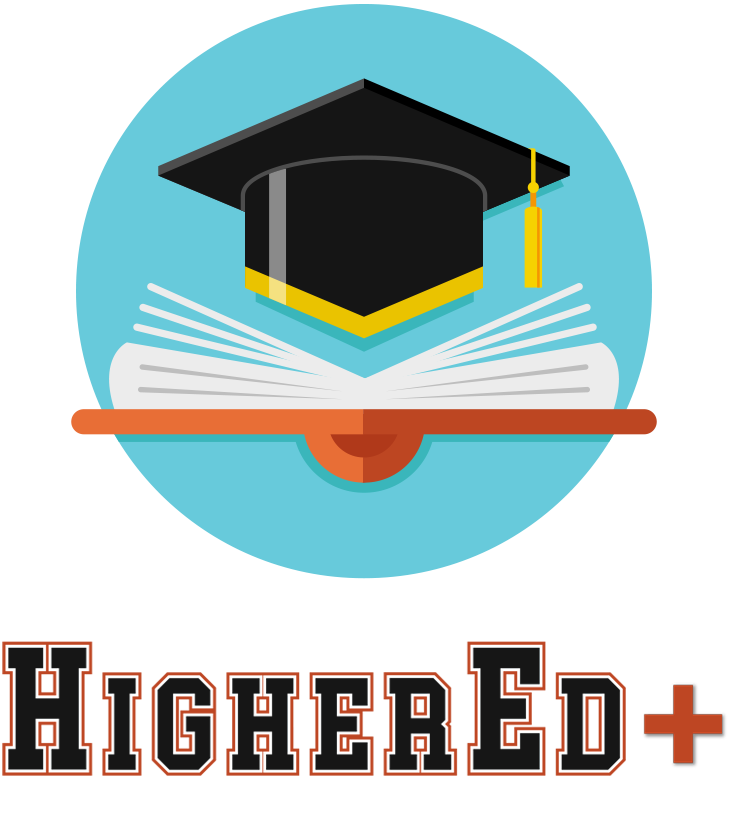How to Make the Most of Undergraduate Research for Your Career in Higher Ed and Beyond
 Engaging in undergraduate research not only deepens your subject‑matter expertise through hands‑on projects but also cultivates critical thinking, problem‑solving and communication skills. In fact, 41% of U.S. employers say they’re much more likely to hire candidates with undergraduate research experience. Beyond immediate job prospects, students who engage in research report increased confidence, clearer career goals, and lasting interest in their fields. In this concise guide, you’ll learn how to reflect on your research journey, translate your skills into marketable competencies, showcase your work effectively, build a strategic network, and plan for continuous professional growth.
Engaging in undergraduate research not only deepens your subject‑matter expertise through hands‑on projects but also cultivates critical thinking, problem‑solving and communication skills. In fact, 41% of U.S. employers say they’re much more likely to hire candidates with undergraduate research experience. Beyond immediate job prospects, students who engage in research report increased confidence, clearer career goals, and lasting interest in their fields. In this concise guide, you’ll learn how to reflect on your research journey, translate your skills into marketable competencies, showcase your work effectively, build a strategic network, and plan for continuous professional growth.
I. Reflecting on Your Undergraduate Research Journey
Before you can leverage your experience, you need to understand exactly what you’ve learned. Start by cataloguing both technical and soft skills you’ve honed in the lab or field, everything from experimental design and data analysis to teamwork and adaptability. Next, connect each research activity to your long‑term goals: did your project deepen your interest in biotech, sharpen your coding abilities, or reveal a talent for science communication? Finally, gather concrete evidence—lab notebooks, project reports, presentation slides, and feedback from your advisor to back up every claim you make.
II. Translating Research Skills into Marketable Competencies
Employers look for proven problem solvers who can think critically under pressure. Your daily practice in formulating hypotheses and troubleshooting experiments is directly analogous to tackling real world challenges in industry. Likewise, proficiency with data analysis tools (e.g., Python, MATLAB, SPSS) or specialized instrumentation becomes a technical asset when you name drop these skills in a job context.
For humanities scholars, the parallel is clear: conducting archival research, synthesizing information from diverse sources, and constructing a compelling argument for a senior thesis demonstrates your ability to manage complex projects, analyze large amounts of qualitative data, and communicate insights clearly—skills highly valued in roles like policy analysis, communications, or consulting.
Don’t overlook the power of communication: presenting results at lab meetings, co-authoring papers, or mentoring junior students demonstrates collaboration and verbal/written fluency that over 96% of employers rank as essential.
III. Showcasing Your Research on Professional Documents
Integrating your research achievements into your résumé and cover letter can set you apart. Use bullet points that quantify outcomes— “optimized protocol to reduce assay time by 30 percent” is far more impactful than “assisted with assays”. In your cover letter, weave a brief narrative: describe a specific challenge you overcame and how it parallels the employer’s needs. Online, link to supplementary materials, conference posters, GitHub repositories, or a brief project video to give recruiters tangible proof of your work.
IV. Leveraging Networking and Mentorship
Quality mentorship can make or break your trajectory. Research mentors guide your technical growth, help you navigate career pathways, and even when projects falter, can intervene to keep you on track. Formal mentors (faculty, postdocs) and informal ones (peers, alumni) alike can introduce you to professional societies, recommend you for internships, and write influential letters of reference. At conferences or symposiums, prepare a 30‑second elevator pitch and follow up via LinkedIn with a personalized note. It’s often those small gestures that turn an acquaintance into an advocate.
V. Continuing Professional Development Post‑Research
Your undergraduate research is just the beginning. Seek internships or summer fellowships to apply your skills in new settings and enroll in online courses or workshops to stay current with emerging methods. Regularly revisit and refine your research narrative: as you add new experiences, whether open‑source collaborations or industry projects, integrate them into your resume and portfolio to demonstrate ongoing growth.
Graduate with a Direction
Your undergraduate years offer a unique window to build not just knowledge, but a professional identity. By actively engaging in research, articulating your skills, connecting with mentors, and continuously evolving, you lay a strong foundation for your future career. Treat each project as a stepping stone, each mentor as a guide, and each challenge as a learning opportunity and you’ll graduate not only with a degree, but with a direction.
Ready to take the next step?
Explore HigherEd+ modules focused on undergraduate research and career advancement. Whether you’re looking to strengthen your skills as an Undergraduate Research Assistant, increase your confidence when it comes to writing and publishing research papers, or crafting a standout industry resume, our expert-led content will help you turn your academic experience into professional momentum.


